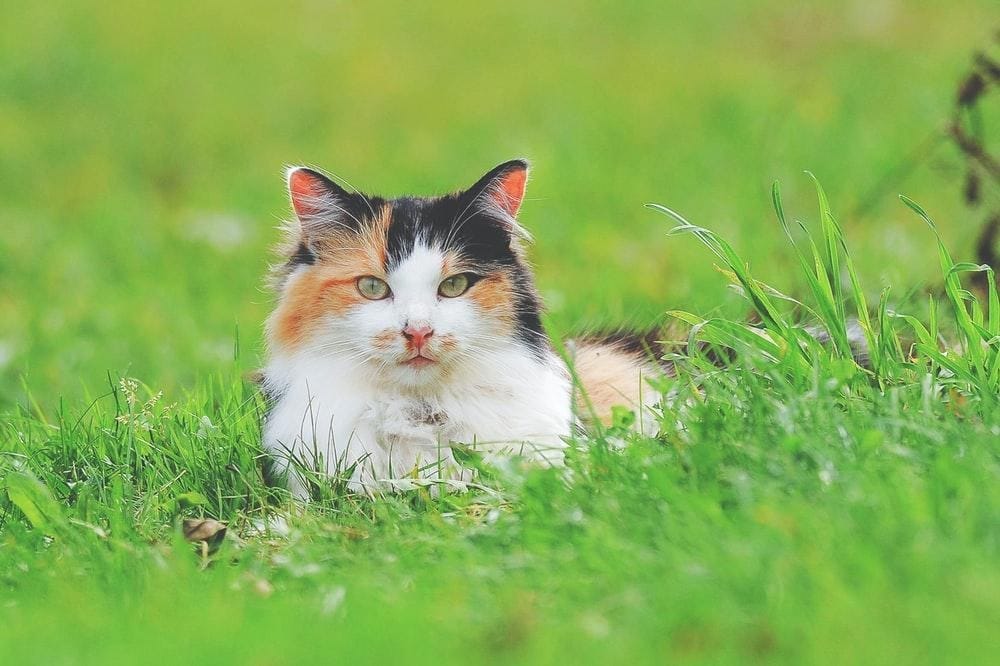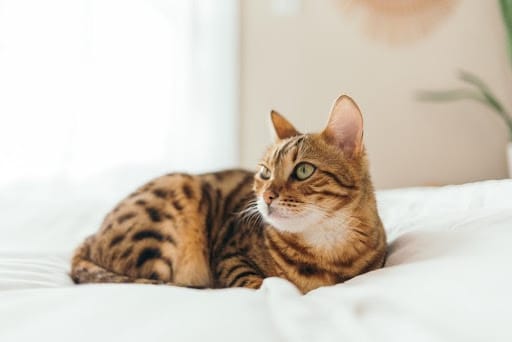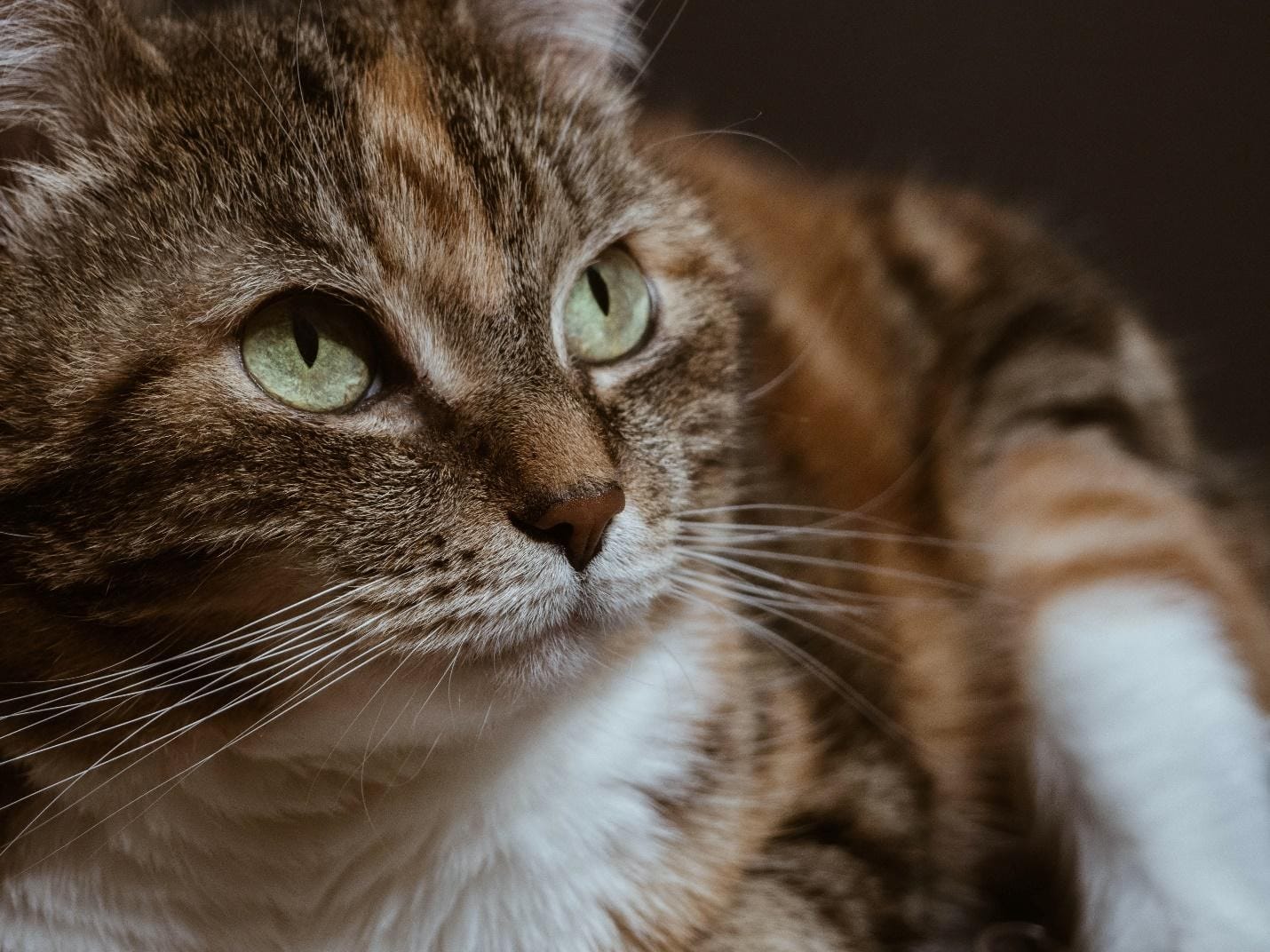Providing a balanced diet is essential to maintain the health and well-being of your cat. It is prudent to use novel items to protect your pet from the attack of pathogens and microbes. In parallel, probiotics introduced to upgrade the health of your domestic animal. They are viewed as growth stimulators and used extensively worldwide. Probiotic supplements are used to treat acute gastroenteritis and the prevention of allergy in many breeds of cats. Many types of research show the positive impact of probiotics.

Here we are going to deliver you complete detail about the pros and cons of probiotics.
Why are Probiotics Important?
“Probiotics decreases pH in the gut and helps good bacteria to thrive,” says Doctor Cross, a well-known researcher in the veterinary field.
Probiotics are beneficial bacteria or yeasts that promote balance in the intestine. Mostly, they are combined with antibiotics to maintain the physical and mental health of animals. They are useful to prevent your pet from the harmful effects of the environment. Several options are available when it comes to probiotics for cats. It is important to choose the right form of probiotics for a specific situation. According to information at ThePets research, some are helpful in the digestive tract, while others are beneficial for boosting the immune system. Therefore, it is imperative to select a viable probiotic for your cat after consulting your vet expert.
Benefits of Probiotics:
Probiotics are available in a vast range of products, including cat cereals, yogurts, and drinks. They promise improved digestive and overall health of your feline. Scientific research indicates great benefits.
Dr. Patrick Mahaney said:
“I’m a big fan of probiotics as a means of hopefully helping to maintain normal gut health, not only so there are less clinical signs of digestive upset like decreased appetite, vomiting, diarrhea, or stool changes but also in terms of helping to promote immune system health as well.”
- Treats Gut Disorder:
The most severe and common gut disorder in cats include IBD (inflammatory bowel disorder). It can cause weight loss, diarrhea, vomiting, and bloody stool. Many vet experts treat this ailment with feline probiotics alongside antibiotics. Your pet’s healthy gut is a key factor in determining overall health. Therefore, it is likely to use probiotics to maintain your cat’s energy, balance, and optimal growth.
- Aids Digestion:
One of the most promising features of probiotics in cats is to regulate its digestive system. These microbial strains help in the breakdown and absorption of nutrients. In addition to this, probiotics help alleviate digestive issues like constipation and diarrhea. You can give probiotics either in liquid or in solid form by sprinkling over food. It also promises long-term health by maintaining your stomach and digestive tract intact.
Mahaney said that immunity for cats is closely linked to the digestive tract’s health, and when the digestive tract is thrown off track, a cat’s immunity may suffer.

- Support Immune System:
A robust immune system is crucial for healthy body weight and composition. It also prevents your cat from various ailments and diseases. Probiotics augment the functions of vital organs to boost overall immunity. It saves your cat from pathogens and bacterial attacks, which promotes the ideal health of your pet. It also minimizes the risk of chronic diseases like diabetes and cancer among your felines.
- Weight Management:
Probiotics are considered as friendly bacteria. Different microbial strains, including Bacillus and Enterococcus faecium, are highly beneficial to maintain a healthy weight. A balanced diet with microbiota can make your feline healthy and energetic. Proper exercise and workout routines will help to gain the desired value for your cat. However, probiotics are not enough for gaining weight; a diet full of nutrition is substantial for a healthy look.
- Maintain Skin Coat and Fur:
Many pets are prone to skin ailments owing to various allergic reactions. Additionally, the skin loses its texture and shine, as the cats get older. So, probiotics are administered to rejuvenate epidermal health. Moreover, few probiotics are catalytic, which increases the metabolic rate. It raises the blood flow in skin tissues as well. These supplements reduce the formation of hairballs and make the fur coat shiny and healthy.
- Better Stools:
Most recent studies reveal the optimal use of probiotics results in better consistency of stool. It is observed that cats with an intake of probiotics expel firm and fewer stool. They are recommended in case of bloody stools by vet experts. The quality of stools adheres to the health of your feline. Continuous use of these strains prevents your cat from diarrhea and IBS (irritable bowel syndrome). Moreover, they help recover your pet from intestinal inflammation.
Harms of Probiotics:

The adverse effects of probiotics are rare in cats. However, researchers cannot deny the disadvantages of these pills. So, it is advised to wisely choose these supplements according to your pet’s age, breed, and traits. Your primary goal is to make your cat happy, healthy, and energetic. The following harms are associated with overdose of probiotics:
- Constipation:
The most common side effect of probiotics is constipation. Cats are vulnerable to bloating and flatulence as they are being aged. Continuous exposure to probiotics can cause constipation and gas symptoms. Cats become vulnerable to many infections if they become weak owing to this disorder. Therefore, you must be careful while selecting any formulated drugs for your feline.
- Allergic Reactions:
Another severe harm observed by scientists includes allergic reactions. Each breed is unique by nature, so you must choose specific probiotics for your cat. They can cause various allergic reactions if taken in the wrong dosage. Their histamine level may increase, which leads to redness, itching, and soreness of the skin.
- Diarrhea:
A healthy gut keeps an abundance of friendly bacteria. If we incorporate more microbes in your cat’s diet, it may cause diarrhea and loose stool. The quality of stool disturbs, which leads to thin, watery, and mucous excretion. Therefore, it is mandatory to check on the possible outcomes of probiotics before further experimentation.
- Essential Oils Safe for Cats: What Every Pet Owner Needs to Know - May 23, 2025
- Herbal Supplements for Cats: A Natural Approach to Cat Wellness - May 21, 2025
- Signs of a Healthy Cat Coat: What Every Cat Owner Should Know - May 19, 2025


GIPHY App Key not set. Please check settings